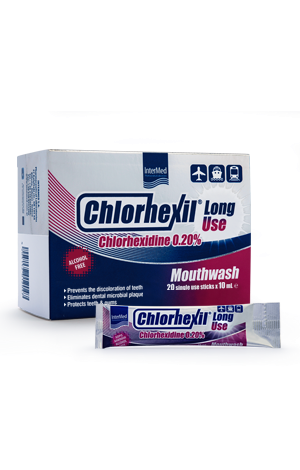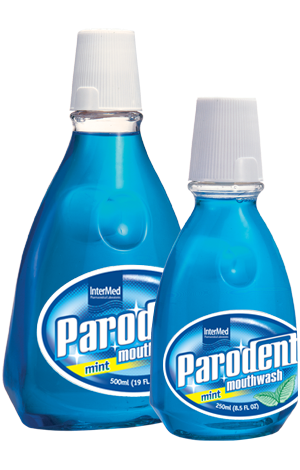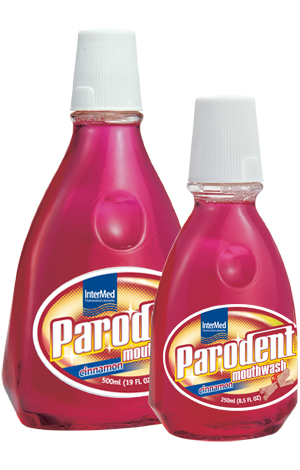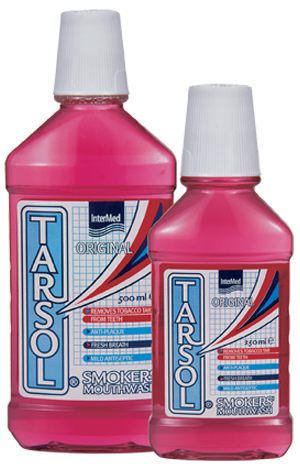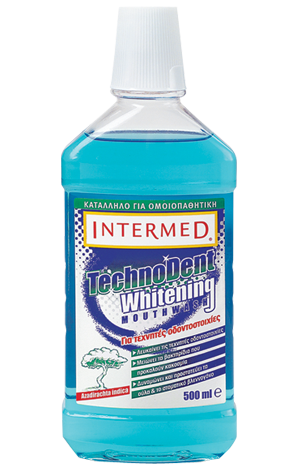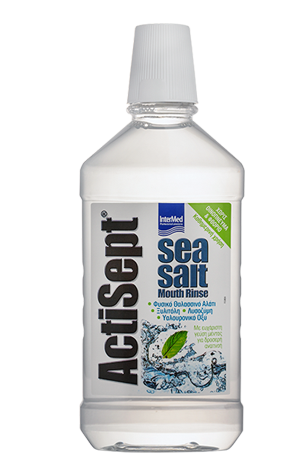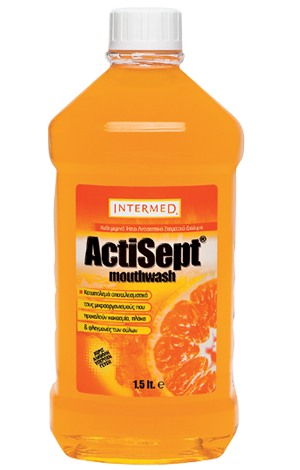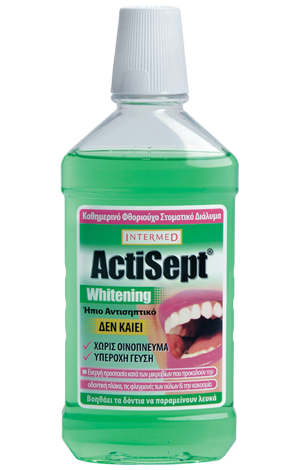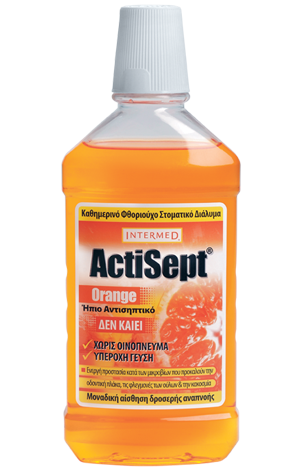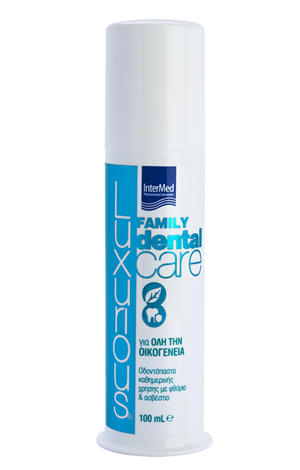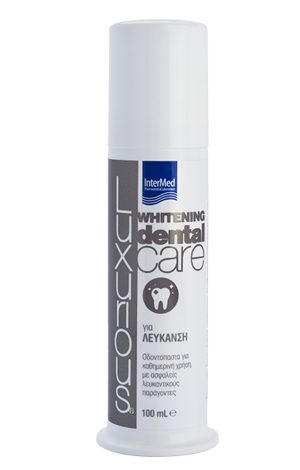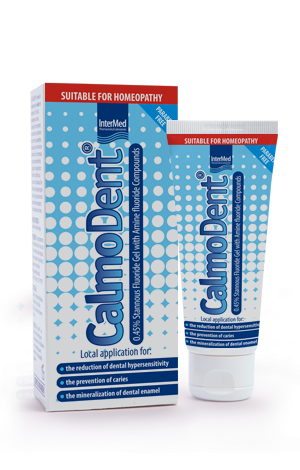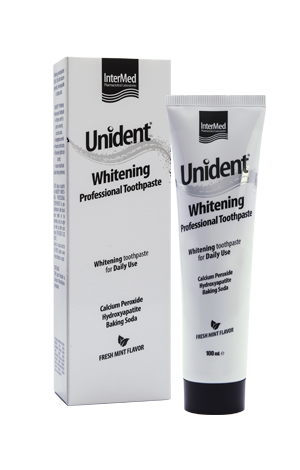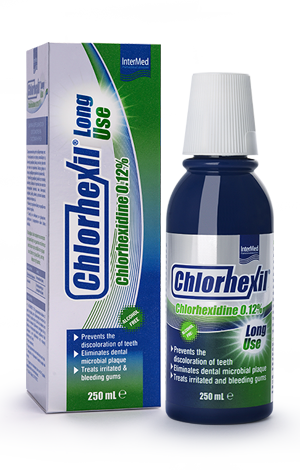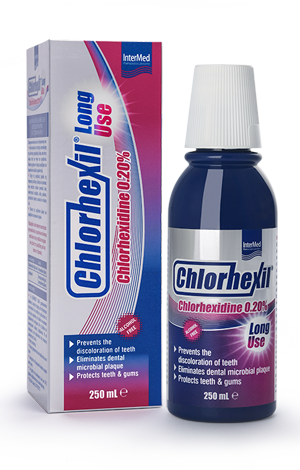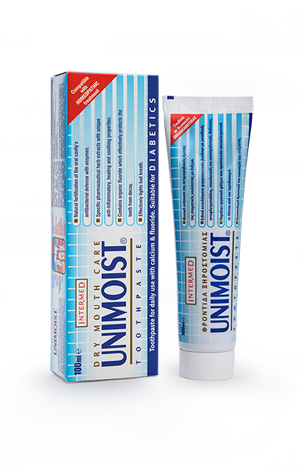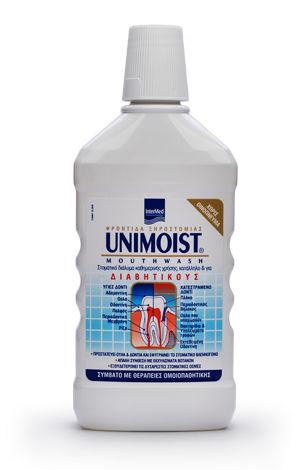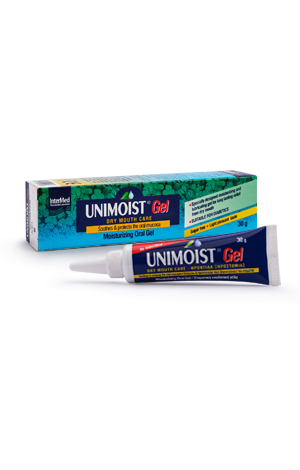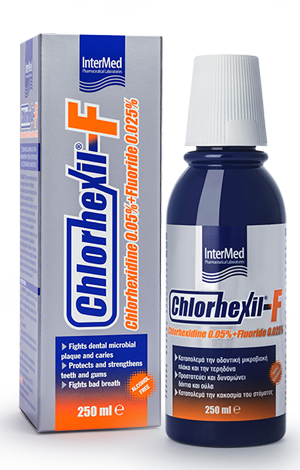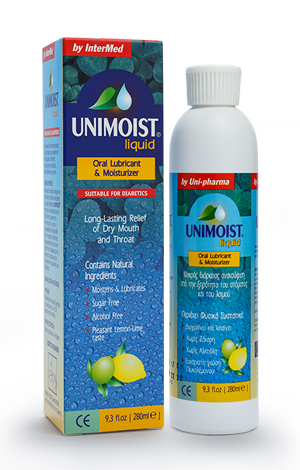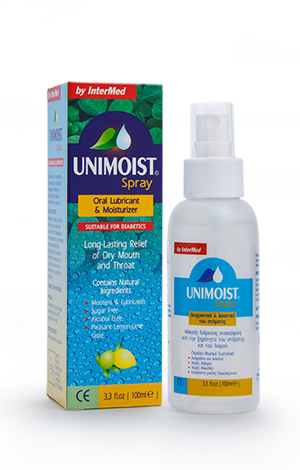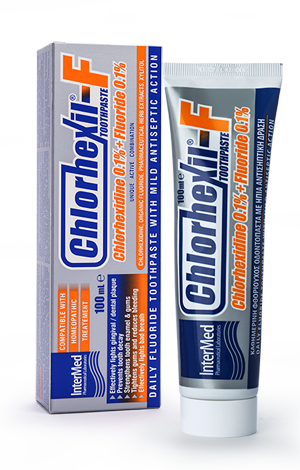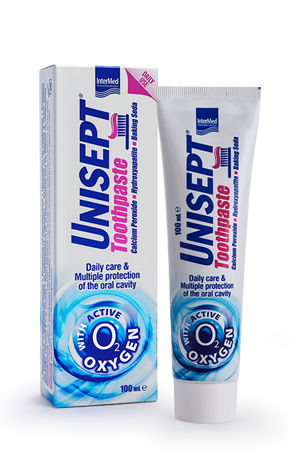Tooth decay
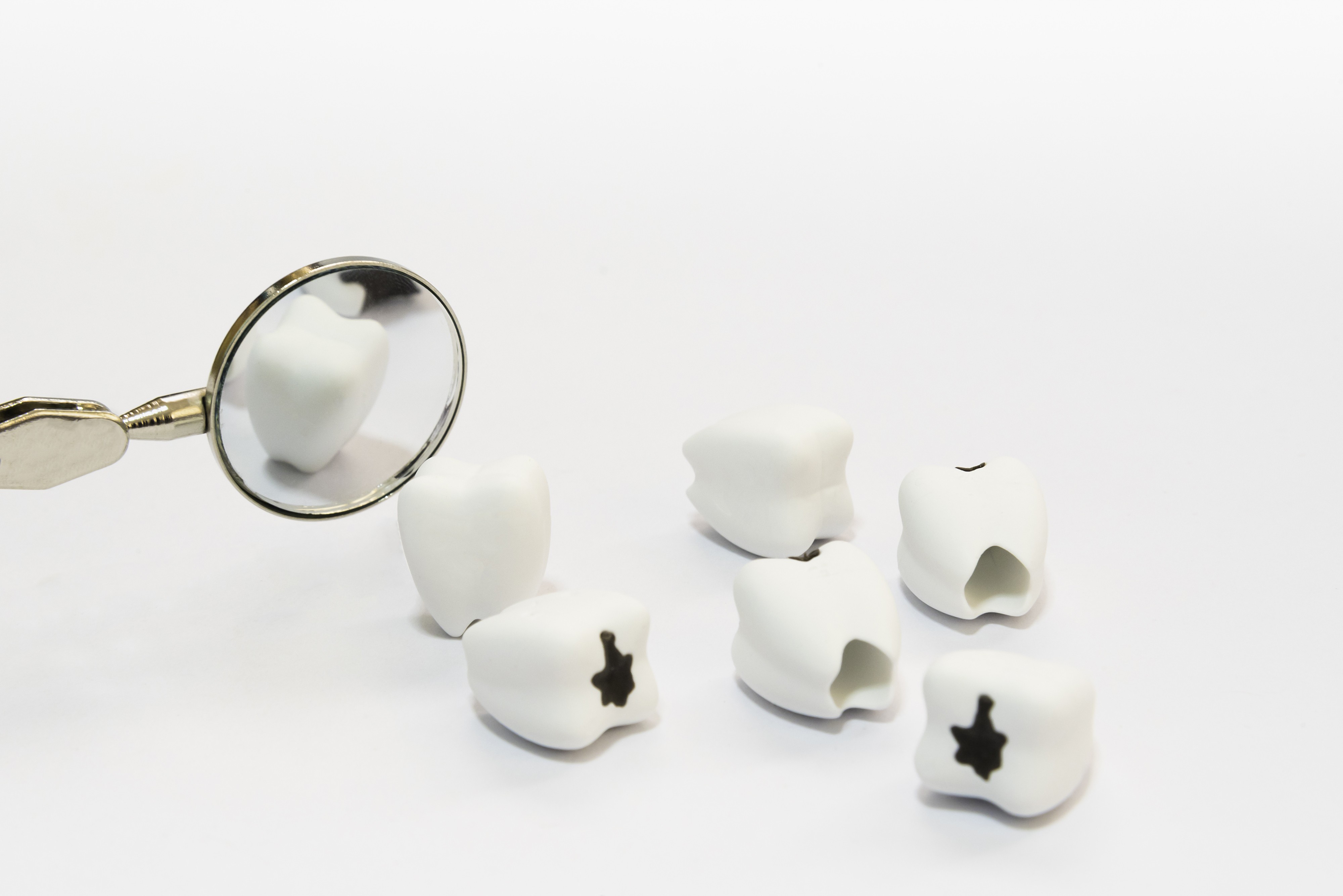
Tooth decay, also known as dental decay or dental caries, is when acids in your mouth dissolve the outer layers of your teeth.
The mouth contains a wide variety of oral bacteria, but only a few specific species of bacteria are believed to cause dental caries. When you consume food and drink that is high in carbohydrates (sugary or starchy), the bacteria in plaque turn the carbohydrates into the energy they need, producing acid at the same time.
Over time, the acid in plaque begins to break down the surface of your tooth. Left untreated, the plaque can completely destroy the outside of the tooth and expose the nerves inside. Once this happens, you will have toothache. Without treatment the tooth eventually falls out.
The earliest sign of a new carious lesion is the appearance of a chalky white spot on the surface of the tooth, indicating an area of demineralization of enamel. This is referred to as an incipient carious lesion or "microcavity". As the lesion continues to demineralize, it can turn brown but will eventually turn into a cavitation.
Although widespread, tooth decay is one of the most preventable health conditions. As long as you look after your teeth well, use fluorinated compounds and visit your dentist regularly, you should be able to prevent tooth decay.
These information are intended for general information and public information and in no case cannot replace the advice of a doctor or other suitably qualified health professional.

